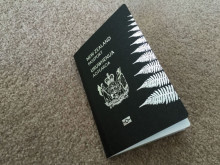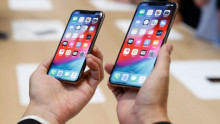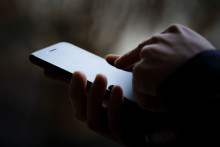Police in South Korea Want People to Put Stickers on Their Phones to Curb Spycam Porn
Thousands of women in South Korea have protested spycam porn in the region—in which obscured cameras are installed to nonconsensually record women in intimate places—and now police are asking people to put camera protectors on their phones.
The Gyeonggi Bukbu Provincial Police Agency has created almost 50,000 camera protectors and are distributing the free covers in response to an increase in spycam porn-related crimes, according to a report from Korea Herald. This is part of its “Illegal Filming OFF” campaign.












































































